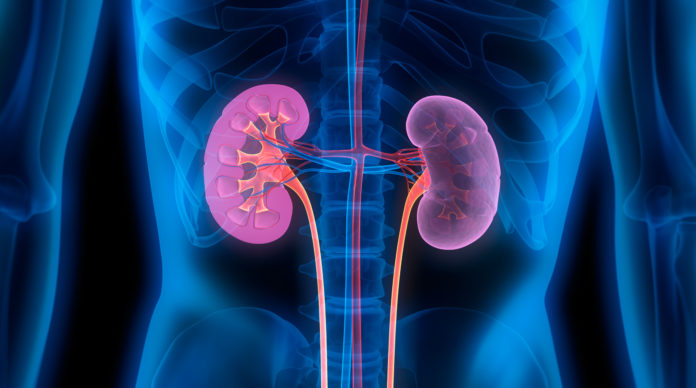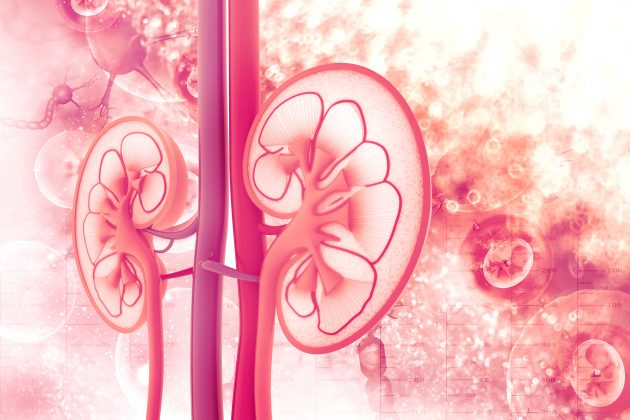Patients with hyperkalemia find managing the condition with a strict diet is difficult and limiting. Amy Larkin, PharmD, and colleagues conducted an analysis designed to measure the impact of an online educational tool for patients and caregivers on knowledge of hyperkalemia and confidence in managing the condition; the researchers also sought to measure the effectiveness of the online program on prompting changes in daily life among patients with hyperkalemia.
Results of the analysis were reported during a virtual poster session at ASN Kidney Week 2020. The poster was titled Online Patient/Caregiver Education on Hyperkalemia Can Improve Knowledge and Confidence as Well as Prompt Real-Life Changes.
The online tool was designed as two interactive activities for patients and caregivers. Both activities included text and integrated visuals; the second activity also included a patient commentary video. Prior to starting the tool, patients completed a demographic survey. To assess learning gains, participants were asked a knowledge question prior to and after completing the activity. Questions at completion of the activity also evaluated intent to change and patient confidence. The activities launched in March and May 2019; data were collected through September 2019.
To date, 72,440 individuals have participated in the activity. Activity 1 was titled Do you have high potassium? Here are some tips for managing potassium in your diet; (35,889 participants). A total of 4305 participants completed all questions and were included in the outcomes analyses. Of those, 65% were female, 63% were non-Hispanic White, 67% were >54 years of age, 45% had hyperkalemia, and 42% were interested in learning more about hyperkalemia. In analysis of change in knowledge, there was a 24% improvement in recognizing foods high in potassium (from 50% pre-activity to 74% post-activity). In intent-to-act analysis, 81% said they plan to identify and avoid foods high in potassium. In changes in confidence analysis, 79% reported an increase in confidence in talking with their physician regarding ways to lower their potassium levels.
A total of 36,551 individuals completed activity 2 (Are medicines that lower potassium right for you?). Of those, 2917 completed all questions and were included in the outcomes analyses. Of the 2917, 59% were female, 70% were non-Hispanic White, 82% were >54 years of age, 58% were interested in learning more about hyperkalemia, and 29% had hyperkalemia. In knowledge changes, 23% demonstrated improvement in recognizing how potassium binders work to treat hyperkalemia (from 42% pre-activity to 65% post-activity). In intent-to-act analysis, 69% said they planned to talk to their healthcare provider regarding medications to treat hyperkalemia. In confidence change analysis, 73% reported increased confidence talking to their physician about medications to treat hyperkalemia.
In conclusion, the researchers said, “The metrics and outcomes gathered in this assessment are a strong indicator that these patient/caregiver-focused online educational activities improved knowledge and confidence, and prompted intent to act by patients/caregivers related to hyperkalemia.”
Source: Larkin A, Blatherwick D. Online patient/caregiver education on hyperkalemia can improve knowledge and confidence as well as prompt real-life changes. Abstract of a poster presented at the American Society of Nephrology virtual Kidney Week 2020 (PO1381), October 22, 2020. Funding for this poster was provided by Relypsa, a Vifor Company.
Credit: Original article published here.










